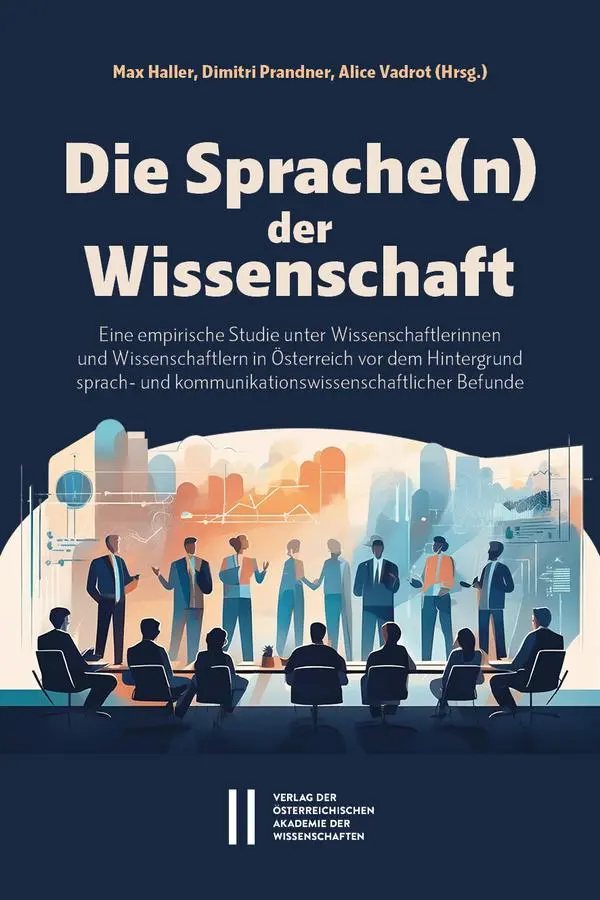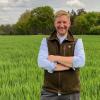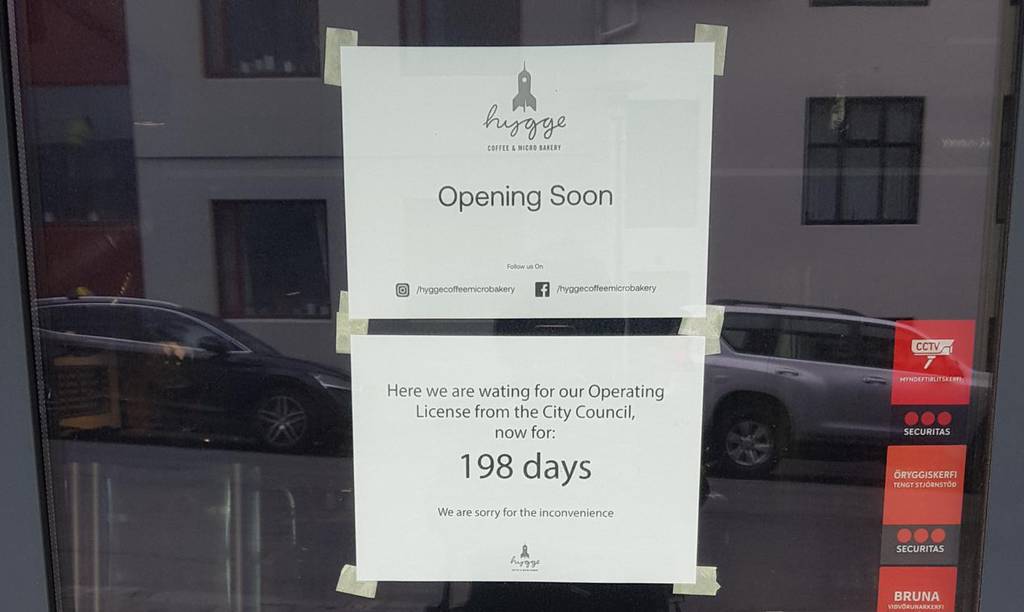« Change the world? Certainly not in German! » – Diepresse.com

A study examined which languages researched in Austria – and need. Central question: Does English have to be lingua franca? Unsurprisingly, the answer depends on the discipline.
Under a government with FPÖ participation, the discussion on Thursday evening at the Austrian Academy of Sciences (ÖAW) possibly developed differently. « Then the English might have experienced restrictions, » the sociologist Max Haller recalled the demands that the coalition negotiations only have to have research in German.
Haller was in the research team, which carried out a project for three years as part of the ÖAW theme platform « Multilingualism in Science ». Title: « What languages do scientists speak in Austria? »
As so often in the social sciences, the researchers – in addition to Haller, remain emeritus of the University of Grazwere the political scientist Alice Vadrot (University of Vienna) and the empirical social researcher Dimitri Prandner (Johannes Kepler University Linz) Participating – a clear answer. Instead, they provide a multi -layered picture that illustrates the different needs of the different disciplines.
Does it really have to be English?
Because while the discourse in natural sciences and medicine is becoming more and more away from the national languages and towards English, the language itself is relevant for the analysis in the humanities and social sciences.
Language diversity is not very important for the former. The content would have to fit, then « Bad, Simple English », that is, bad, simple English, everything you need, it said in one of the interviews led for the project. It was tedious to rewrite technical terms in German, someone from the physics department noticed.
Alternative lack of dilemma
The second feared, for example, that the focus in English is lost. However, one was aware of it without losing English with international reach and recognition. « Or do I have the claim that I want to change the world? Then it certainly doesn’t work with the German language, » said someone from the history area, for example. So lack of alternative as a dilemma.
In the book « The Language (N) of Science » published and now presented, the results of an online survey can also be found in which 426 researchers of all specialties – from postdoc to professor, from 23 to 80 years – participated. 85 percent were first speaking German. Surprising: Those who stood higher on the career ladder have more knowledge of two or more foreign languages.
Width needs national languages
English was considered centrally across all disciplines. German, on the other hand, considered 44 percent in technology and natural sciences to be important or very important, but about 84 percent in the humanities and 100 percent in law- according to the field of Austria. Wherever national languages are required: in the transfer of science for the width. There was consensus on site that there are many languages.
Haller’s final demands: Publications in German should also be recognized and promoted – at Science Fund FWF For example, applications could currently be made almost only in English; And the trend towards English should not lead to neglect of national languages. Concerns that can also be explained from its background as a native, multilingualism of familiar South Tyroleans and as a differentiated positions of interested social scientists.
Max Haller, Dimitri Prandner, Alice Vadrot (ed.)
« The language (s) of science »
Publisher of the ÖAW
209 p., 30 euros







